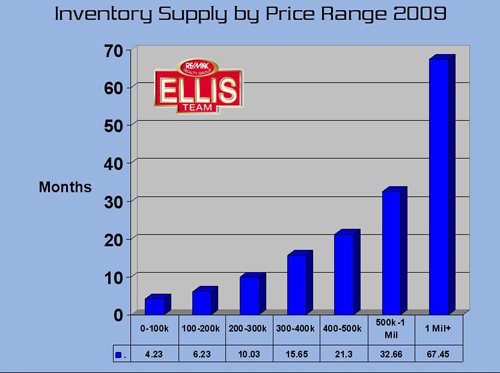A few weeks ago we wrote about attending a recent bank foreclosure and short sale conference. We told you that banks and the US Treasury department have learned that home retention and loan modifications are not working, and that 2010 will be a year of “The Transaction” either by short sale or foreclosure. More banks are actually pursuing both simultaneously.
We’ve been illustrating graphs showing the percent of distressed sale activity in Fort Myers, Cape Coral, and Lehigh Acres for months now, and this week we decided to update Short Sale activity. While analyzing MLS data this week we noticed foreclosure sales have dropped in January and February to about 579 per month, down from approximately 700 or so the previous 5 months. This can be attributed to a backlog of foreclosures in process and a moratorium in place early in 2009.

We also noticed a stabilization and recent up tick in short sales, reversing a decline in December 2009. Will these trends continue? Let’s start with the foreclosures. We believe foreclosure sales will increase in 2010 as the backlog comes to the market. In fact, we’ve received a large volume of foreclosure listings we’re working to bring to market. It typically takes time to secure the property, assess the condition, the value, workup a Broker Price Opinion, compare that against the bank’s new appraisal, and meet with the investor to develop a marketing strategy on each property. All of this is done through the use of a bank asset manager, either an employee of the bank or 3rd part asset manager. Either way, asset managers specialize in disposing of REO (Real Estate Owned) bank foreclosures.
Once the value and strategy is determined, the property goes from a pre-listing to an actual listing complete with instructions. The agent then lists the property in MLS and solicits offers. Many times the property elicits multiple offers, and the agent presents all offers that match the bank’s criteria. For instance, we are not allowed to present any offers where we have not personally verified cash funds to close on all cash deals, nor are we allowed to present any subject to financing offers without pre-qualification from that bank’s in-house loan officers. Banks do not want to take properties off the market simply because a buyer presents a pre-qualification letter from an unknown or out of town bank or mortgage broker. Speaking from experience, banks and agents have had bad experience with pre-qualification letters. They are easy to get, and are rarely worth the paper they’re written on, so it is quite natural the bank wants their own people to look at the qualifications of the buyer if they are getting a mortgage. The borrower doesn’t have to use that bank, but the bank will not look at the offer unless they are offered their pre-qualification letter with the offer.
So we know 2010 will offer more foreclosure properties that have been initiated in 2009. What about short sales? Banks are not offering loan modifications as much as they have proven that they do not work long term. Politicians still promote the idea as it sounds politically correct, but it further exacerbates the problem. We are seeing large banks making a push to go online. Bank of America for example now negotiates their short sales online through a system called Equator. We have been using Equator to handle Bank of America foreclosures for years. We hear that banks such as Wells Fargo and perhaps others are in the process of adding their short sales to Equator.
This online venue will allow greater efficiency and allow more people to touch the file, reducing the time it takes to approve a short sale. The short sale is still a complex transaction and homeowners should not attempt it alone. In fact, your bank will refer you to use an agent who is familiar with the process. Short sales are not for every agent and should only be tackled by agents who are committed to learning and operating in a very rigid and complex process. Buyer agents regularly interview listing agents to make sure the listing agent knows what they’re doing, because if they don’t, the process will fail.
Look for 2010 to see rising foreclosure sales throughout the year, and perhaps rising short sale numbers as well. The banks are committing resources to it. We’ll keep reporting the numbers we track, so check back often.
Printed in the News Press, News Press Online, and Ellis Team Blog.


